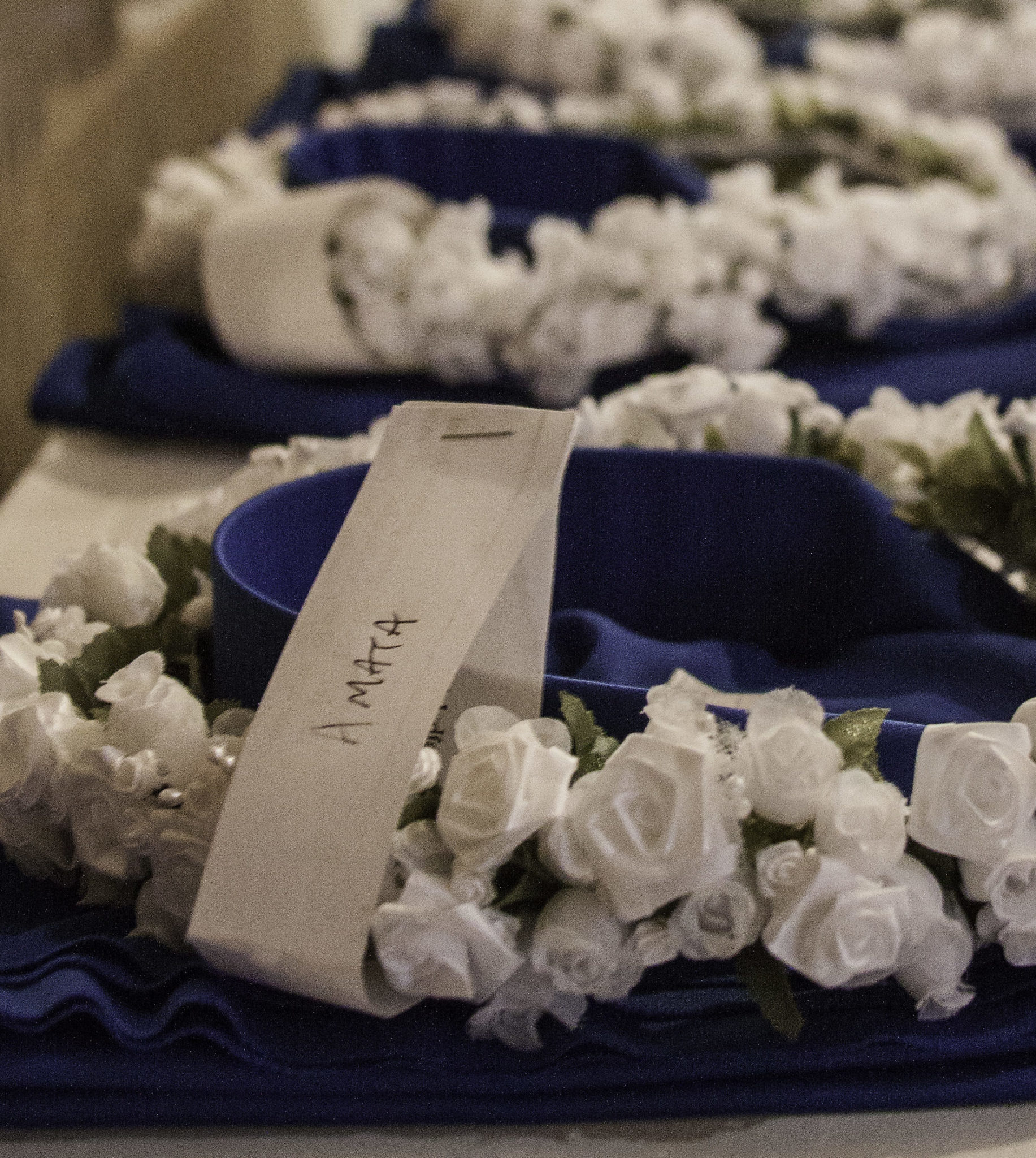The main purpose of formation is to discover one’s vocation and to shape one’s life in accordance with the charism and spirituality of the community. The process of formation involves several steps that may vary depending upon the congregation.
Candidacy/Pre-Postulancy
Candidacy/Pre-Postulancy provides a time of serious discernment within a particular community. The length of time varies among communities. Candidacy/Pre-Postulancy is spent becoming acquainted with the community. It is a time of beginning discovery and discernment on the part of the woman, as well as on the part of the community.
Postulancy
Postulancy marks the formal entrance into the life of the community. A postulant lives and prays together in the community under the guidance of a directress, and may take classes or assist in the community’s apostolates while continuing to discern God’s will. A “postulant” meaning “one who asks,” discerns with the community whether or not she is called to this form of life. At the conclusion of the postulancy, the postulant enters the novitiate and is called a novice.
Novitiate

The Canonical Novitiate is defined by the Church as a time of intense formation with the sole purpose of preparing for a vowed life. A novice is instructed regarding “the character and spirit, the purpose and discipline, the history and life of the Institute” (Canon 652 § 2). During this time, a novice learns the practice of the evangelical counsels of chastity, poverty, and obedience, which she will later profess, as well as how to live and serve within the community. This time is a deepening of her life of prayer within the unique spirituality of the community. In addition to the Canonical year, there may be additional time that is spent as a novice living in community and serving in the apostolate or within the institute itself. At the conclusion of the novitiate, a novice makes her profession of vows.
Temporary Vows
At the conclusion of the novitiate, a sister professes vows of chastity, poverty, and obedience, known as the evangelical counsels. Formation continues during this time of temporary vows as the sister strengthens her life of union with God and her sense of belonging to the institute. The sisters more fully participate in the mission of the community during these years of temporary vows. After a set period of years, and a time of discernment, a sister professes perpetual vows.
Perpetual Vows
By perpetual profession, made in accordance with the directives of the Church, a woman religious declares publicly that she desires to give herself totally to God forever in the service of others according to the community’s charism.
Perpetual profession of the vows of chastity, poverty, and obedience constitutes a radical commitment for life, which determines all subsequent choices.
On-going Formation
The formation journey continues throughout the life of a woman religious. Ongoing-formation insures that she continues to grow in her life of prayer, and love of the Church and her community, through self-evaluation, study, and community experiences. Communities often provide formation programs appropriate to the various stages of life.
